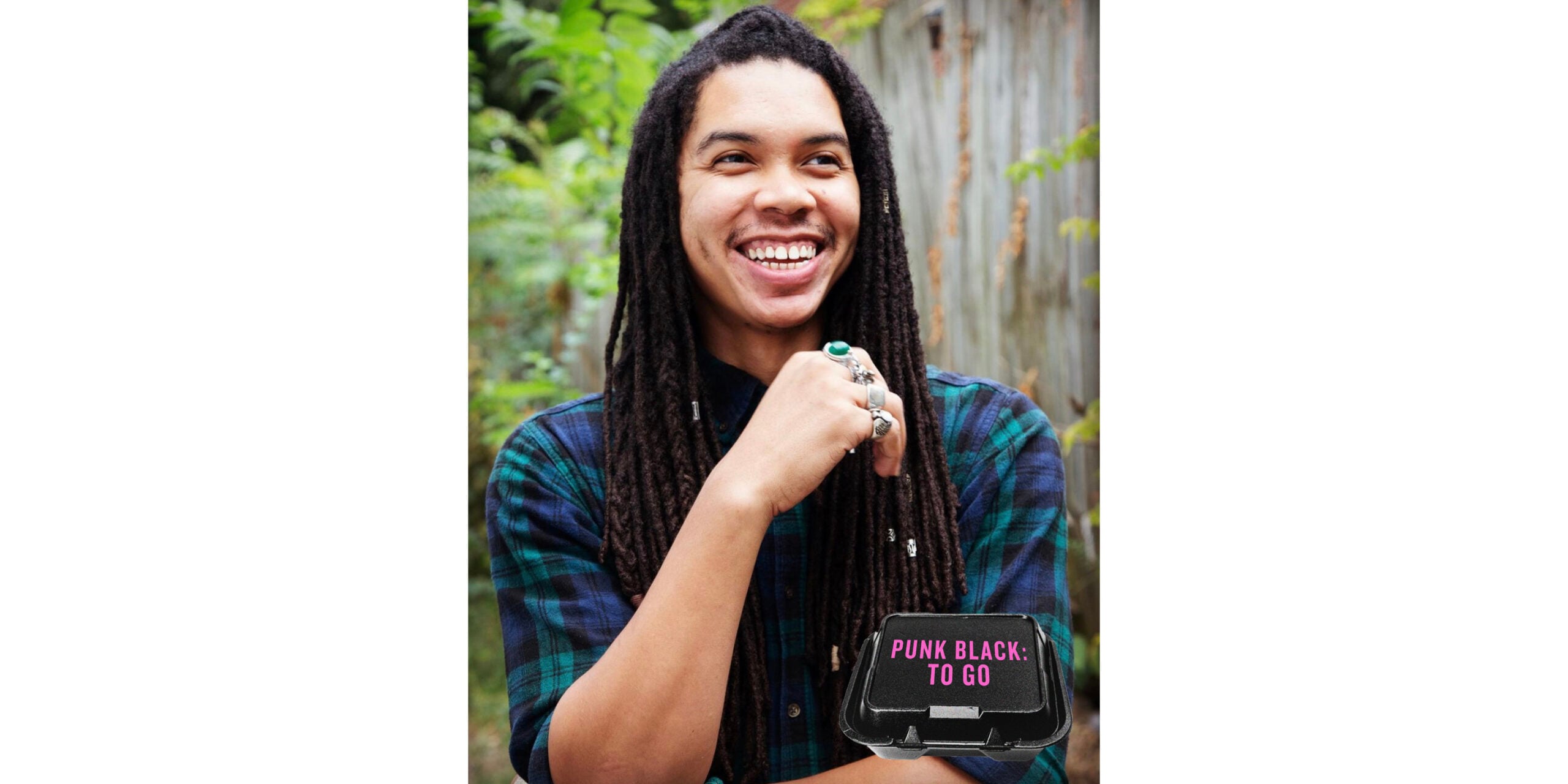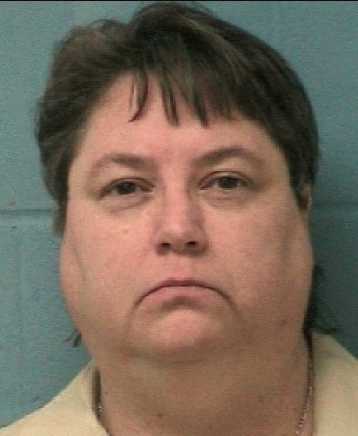Olympic U.S. Women’s Marathoners Chosen
Atlanta, Ga. – In early April of 2004, some of the nation's top female long-distance runners gathered in St. Louis – to compete for three coveted positions on the U.S. women's marathon team. Those three runners, along with an alternate, are going to Athens, Greece this summer, to take part in the Summer Olympic Games there.
Also going to Athens to work with those runners is Julia Emmons, Executive Director of the Atlanta Track Club. Emmons spoke recently with WABE's Brian Smith.
WABE: Who is going to represent the U.S. in the women's Olympic marathon this year?
EMMONS: The three Olympians we have so far are Colleen De Reuck, Deena Kastor and Jen Rhines.
WABE: And what will your job be when you're there?
EMMONS: I'm on the Olympic staff as the endurance coach, and my job is to make sure that they are totally comfortable in the environment that they're in. I'm not a formal coach; they all have their personal coaches. I will make sure they have training venues, they have transportation to them, they get along with their roommates, they like the food, and that kind of thing.
WABE: Tell us about the event that took place April 3rd in St. Louis.
EMMONS: On April 3rd in St. Louis, they had the Women's Olympic Marathon Trials. We choose our Olympians in track and field in these trials, where the first three over the line are the Olympians. It's very fair, very democratic. And in this case, two of the three were the natural favorites. In this trial, Deena Drossin Kastor came in as the favorite; she's the American record-holder. However, Colleen De Reuck – a new American, a former South African – beat Deena by a minute, and so she won the trials; she'll be our number-one Olympian. Deena came in second. And a newcomer, Jen Rhines, in her late-20s, a great Villanova athlete, came in third.
WABE: Did any Georgians do well in the marathon-selection event?
EMMONS: There was a wonderful runner who comes from Atlanta, her name is Beth Old and she came in 16, overall, out of a field of 123. An amazing performance at two hours and forty minutes.
WABE: And now that the athletes have been chosen, what is next for them?
EMMONS: Next for them is they're resting for about a month because, of course, they've just run 26.2 miles at a five-and-a-half minute pace. Then, in about three weeks, we'll be meeting all of them at Chula Vista, California, the Olympic training site, for a four-day summit. We'll be going over the psychology of going to the Olympics, what the course itself is going to be like in Athens, how to run a marathon in 90-degree heat, what kind of nutrition to think about, and all that kind of thing.
WABE: The heat might be a challenge. Do you see any other challenges for your Olympic team?
EMMONS: I think it's mainly, given Athens and the political situation in the world now, is staying focused on being an Olympian and looking at their own event.
WABE: Well, asked plainly, do you believe Athens is ready to host the games?
EMMONS: Athens does it the Athenian way, and they made it very clear, early on, they didn't want to do it the Atlanta-Sydney way – which was doing a lot of planning ahead of time and then sort of being ready and having test events. The Athenian way is to get into it slowly and hustle at the end, and pull it off. I am assuming that latter part is going to happen; they will pull it off – but with a maximum of fret and worry on the behalf of us all.
9(MDAxODM0MDY4MDEyMTY4NDA3MzI3YjkzMw004))








